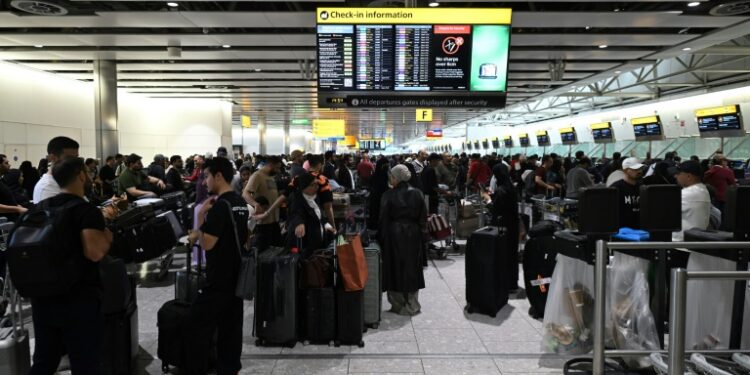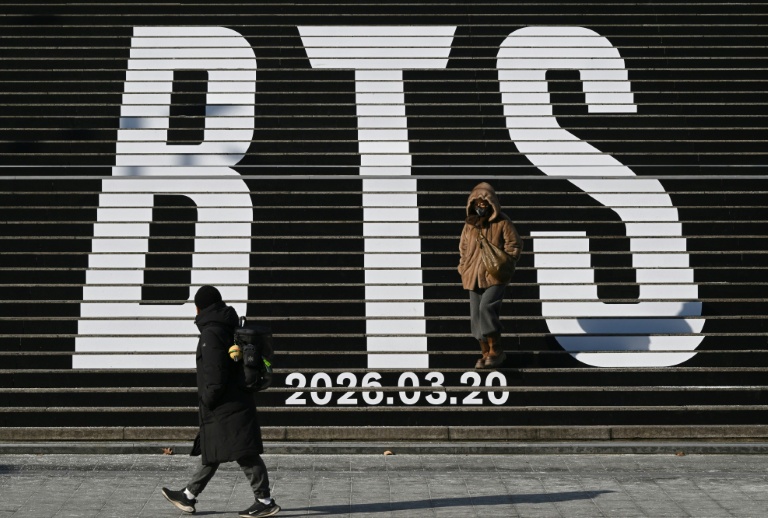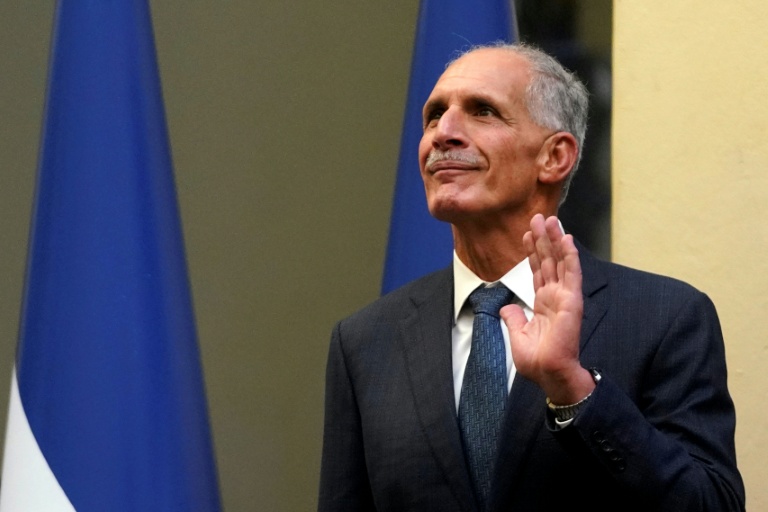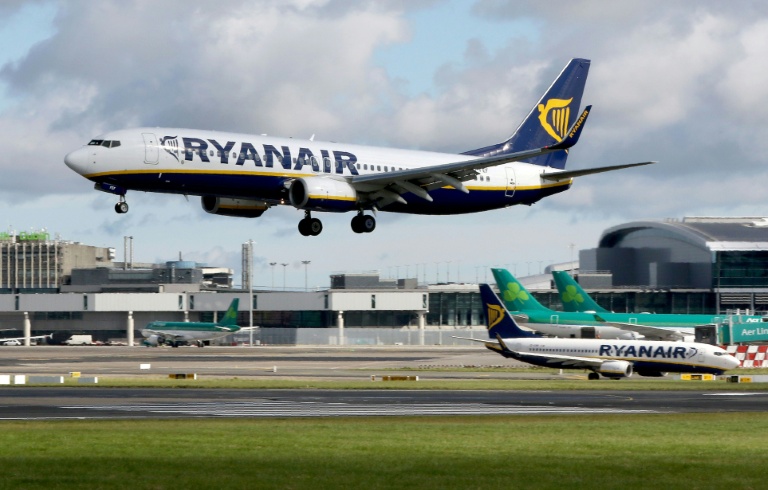London (AFP) – Major European airports including Brussels, Berlin, and London’s Heathrow were Saturday hit by a cyberattack on check-in systems that caused cancellations and long delays for thousands of passengers. Dublin and Cork airports in Ireland were also affected, with Dublin airport announcing on X that it was experiencing “minor impacts” from “a Europe-wide software issue.”
According to aviation watchdog Eurocontrol, the affected airports were “reporting disruptions in IT systems related to passenger handling.” At least 10 flights were cancelled at Brussels Airport, and another 17 were delayed by over an hour after the system was struck by a “cyberattack” late Friday. The airport stated, “We have become aware of a cyber-related disruption to our MUSE software in select airports,” as reported by airport service provider Collins Aerospace. They noted that the impact was limited to electronic customer check-in and baggage drop, and that they have a presence in 170 airports globally.
Brussels Airport reported that the attack was still having a “large impact” on flight schedules on Saturday. Nancy Steiner, 53, expressed frustration to AFP while surveying the long queues of passengers at Brussels airport, stating, “In terms of information, it’s really not good at all; people are waiting, people don’t know.” Airlines had been instructed to cancel half their flights to and from Brussels between 0400 GMT on Saturday and 0200 GMT on Monday because of the attack, according to Eurocontrol. Reporters from AFPTV filmed large queues at Brussels as passengers anxiously monitored announcement boards displaying numerous flight delays.
London’s Heathrow Airport, the busiest in Europe, also reported issues, stating that its check-in and boarding systems, provided by Collins Aerospace, were impacted by a “technical issue” that “may cause delays for departing passengers.”
In the packed check-in area at Heathrow’s Terminal 4, a 41-year-old architect named Rowan remarked, “They didn’t tell us anything. It’s always crowded here, but today is like extra. If the system is down, they should delay the flight. That’s what I’m hoping.” Meanwhile, another woman, who was waiting for an Air Algerie flight to Algeria, shared her experience of waiting for over an hour to check in, stating, “They said they’re doing everything manually. That’s all they’ve told us.”
Pranit Nevrekar, 32, who was dropping his parents off for the Jeddah flight, mentioned, “We’ve been told there’s a disruption across Europe, so the check-in system isn’t working; they’re doing everything manually.” The Berlin Airport website indicated, “due to a technical issue at a system provider operating across Europe, there are longer waiting times at check-in.”
Collins Aerospace stated it was “actively working to resolve the issue and restore full functionality to our customers as quickly as possible.” The aviation tech company, which specializes in digital and data processing services, is a subsidiary of the American aerospace and defense group RTX, formerly known as Raytheon.
Cyberattacks and tech outages have disrupted airports around the world in recent years, from Japan to Germany, as air travel increasingly relies on online, interconnected systems. Aviation expert Anita Mendiratta, a special advisor to the secretary-general of UN tourism, told AFP it was difficult to identify the perpetrators of the attack. However, she emphasized that it was “a disruption caused to a software, not a specific airport,” and it was important to contain the contagion.
According to a report by French aerospace company Thales released in June, the aviation sector saw a 600 percent increase in cyberattacks from 2024 to 2025. The report warned, “From airlines and airports to navigation systems and suppliers, every link in the chain is vulnerable to attack,” pointing out that the strategically and economically important sector had become a “prime target” for cyberattacks.
© 2024 AFP




















